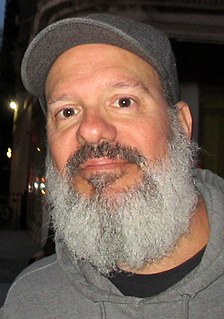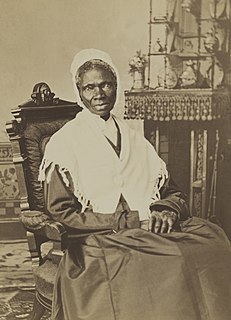A Quote by Scott Adams
We know the goats are imported because they don't speak English.
Related Quotes
English has always been my musical language. When I started writing songs when I was 13 or 14, I started writing in English because it's the language in between. I speak Finnish, I speak French, so I'll write songs in English because that's the music I listen to. I learned so much poetry and the poetic way of expressing myself is in English.
Most English speakers do not have the writer's short fuse about seeing or hearing their language brutalized. This is the main reason, I suspect, that English is becoming the world's universal tongue: English-speaking natives don't care how badly others speak English as long as they speak it. French, once considered likely to become the world's lingua franca, has lost popularity because those who are born speaking it reject this liberal attitude and become depressed, insulted or insufferable when their language is ill used.
I have a funny story to tell about English and how I came to fall in love with the language. I was desperate to fit in and spoke English all the time. Trouble was, in my household it was a no-no to speak English because somehow it is disrespectful to call parents and grandparents "you" - impersonal pronouns are offensive in Vietnamese.



































